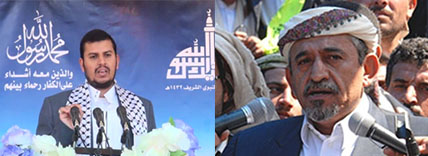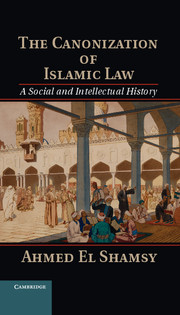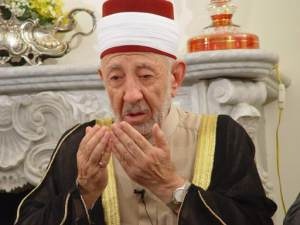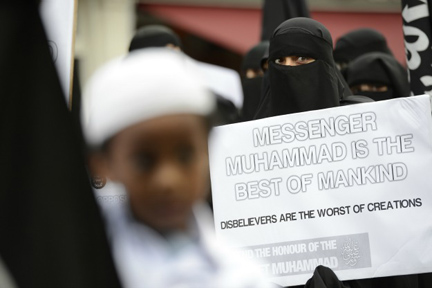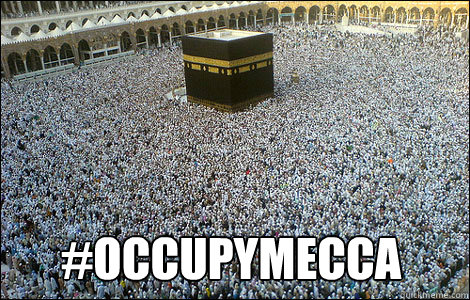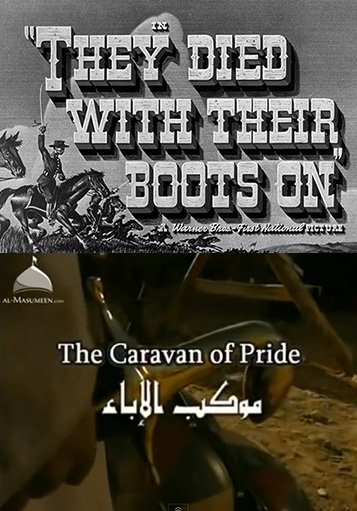
When I was young and impressionable, one of my favorite movies was They Died with their Boots On, the Errol Flynn movie about Custer’s last stand. There was Flynn/Custer with his sword raised out in front of his troops heading for the savage Indians. Had it been a fair fight, of course he would have won, but he stood his ground and was the last man standing. Watching this film recently, apart from the totally ahistorical plot of the made-for-Hollywood battle scene, I wonder how many horses were maimed from the trip wires. In a sense Flynn represented a hero against impossible odds, but in another it perpetuated the notion of the white man’s manifest destiny at the expense of the savage “red man.” I doubt it inspired any sarsparilla party types to go out and shoot any Indians, but it certainly reinforced a cultural bias that remains to this day.
I recently came across a film about the death of Husayn, the Prophet Muhammad’s grandson, at Karbala. This comes in Arabic and Urdu versions and is entitled “The Caravan of Pride” (موكب الاباء). Like the Flynn film, the bias in the film is evident from the start. This is a film highlighting the conservative Shi’a view of an evil and crazed Yazid. Watching the film creates sympathy for the tragic death of Husayn and his followers at the same time that it denigrates the incoming Umayyad caliphs as heretics. It is easy to forget that the event taking place happened in 61 AH/680 CE, before there were any of the Sunni law schools and five years before Abd al-Malik became caliph and authorized a new edition of the Qur’an. Continue reading They died with their sandals on
